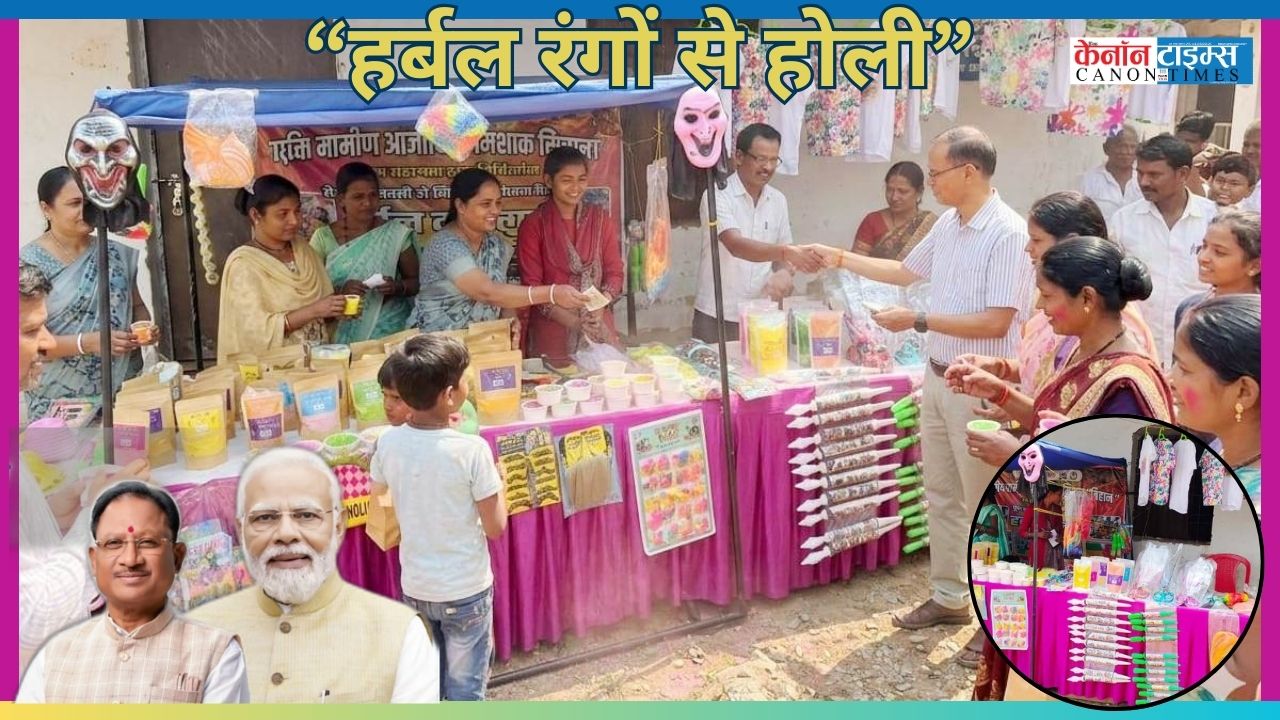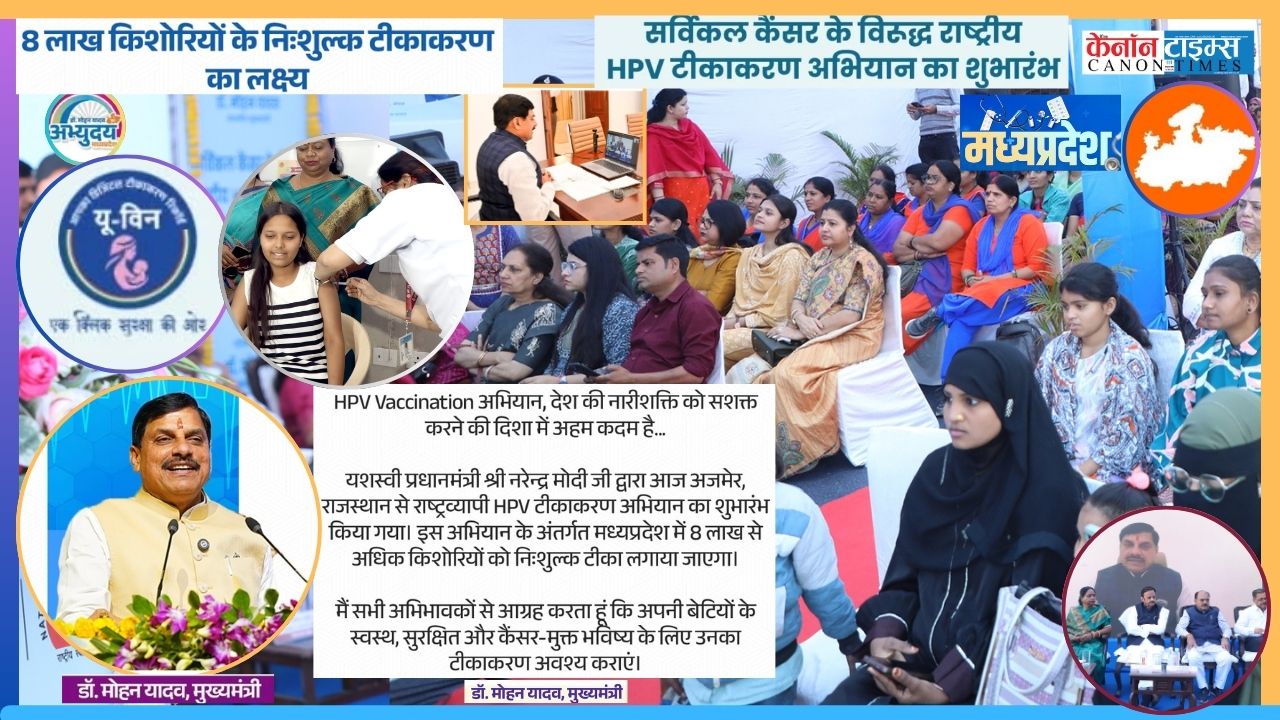During the unusual epidemic Covid-19, countries lacked a clear strategy for dealing with the situation. Various methods, both scientific and belief-based, were implemented by governments worldwide, including India, with varying degrees of success and failure. One important lesson in public health is to do rigorous and transparent research to identify areas for improvement and failure. This provides valuable insights for improving systems.
There is a reluctance to do formal study on vaccine-related ill effects, despite anecdotal information from family and friends. Consider the pharmaceutical industry, which is often viewed as ethical. It’s natural to expect them to safeguard their main source of income, vaccinations.
An editorial item in this publication on May 4 stated, “Although it is proven that Covishield (and similar vaccines) can cause blood clots, based on available data, research, and assessment by the regulatory authorities, the benefit of the vaccine outweighs the risk associated with its use.”
Certainly, each vial of vaccine saves numerous lives, but it may also come with the weight of grieving families or people dealing with health problems brought on by vaccines. As a result, those affected by illnesses brought on by vaccinations have nowhere to turn for recourse, and the pharmaceutical industry looks to the general population for unflinching appreciation. We must no longer dismiss these wounds or tragedies as “destiny.”
Individuals run the risk of being reduced to inanimate data by a sector of the economy that claims to respect moral principles. The mindset that says, “These side-effects are possible, but be grateful,” ignores the pharmaceutical industry’s larger social responsibilities. Such a lack of consideration for the severe consequences of side effects compromises the pharmaceutical industry’s basic duty to put public health and safety first. However, it is what regulatory frameworks are there to support.
During the epidemic, the enormous emotion of thankfulness for vaccines may have overshadowed the importance of completing a fair and full examination of potential side effects. It’s easy to blame medical disorders purely on family history and genetics, without considering the impact of immunisations.
Conducting thorough examinations into potential adverse effects of vaccines is crucial for protecting public health and safety, not a criticism of the product.
However, starting this important project raises the question: where should you start?
Individuals experiencing side effects have no legal recourse in a system where vaccination makers have been granted several waivers, making them immune from accountability. Class action lawsuits, which may be used to seek justice, are excessively expensive and time-consuming. This disparity unfairly burdens customers with the burden of proof. Consumers often believe official study findings are biassed towards the pharmaceutical sector or government choices, leading to widespread scepticism.
During the epidemic, governments restricted non-vaccinated persons’ access to public locations and travel, prompting concerns about potential violations of fundamental rights. Could these efforts be regarded as putting pressure on individuals to get vaccinated, even if they are sceptical about vaccination claims? This highlights the need to strike a balance between public health and personal liberty.
Vaccine deployment was necessary to address the health problem, but it shouldn’t overwhelm the tragedy of individuals experiencing side effects. Holding governments responsible for preventing blood clotting and lowering platelet count after immunisation. An estimated 1.75 billion doses of the Covishield vaccine, developed by the Serum Institute in Pune, have been delivered throughout India. To speed up vaccine supply during the pandemic, Covishield received emergency approval in early 2021 and standard trial protocols were waived. However, it is unclear if the public would receive thorough information on potential negative effects.
The business has disclosed a side effect called Thrombosis with Thrombocytopenia Syndrome (TTS) in response to a lawsuit in the UK claiming significant injury and mortality from the vaccination. Despite recent developments, several Indian medical and pharmaceutical specialists have confirmed the safety of the Covid vaccination.
Okay, fair enough. What about people who were affected by the vaccine but lacked reliable testing and evidence of its impact?
A petition has been filed with the Supreme Court, requesting an expert medical panel to explore potential risk risks associated with AstraZeneca’s Covishield vaccination. As we wait for the court’s verdict, it’s worth considering whether this programme can build faith in the system for impartial research on vaccination side effects.
Although the epidemic has ended, it’s still important to examine the long-term impact of immunisations. Identifying failures and stumbles is critical for guiding future activities.
To address concerns, genuine introspection and objective examination are necessary, rather than ignoring them.
Families facing vaccine-related deaths and those dealing with long-term health difficulties deserve answers and help. Unfortunately, the burden of proof often falls on individuals rather than organisations. Addressing and resolving these difficulties is crucial for institutional governance and democracy’s independence.
ABHISHEK VERMA
Author: This news is edited by: Abhishek Verma, (Editor, CANON TIMES)
Authentic news.






